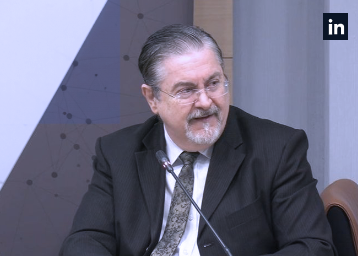Blog
Inicio > Certificates >
19 de June de 2025
The PSD2 directive and the role of qualified certificates in new financial services
Sobre EAD TRUST
EAD TRUST es un prestador de servicios cualificados de confianza electrónica registrado en el Ministerio de Asuntos Económicos y Transformación Digital. Su misión es impulsar la sociedad del futuro con ideas, productos y servicios capaces de dar respuesta técnica a las necesidades jurídicas.
Suscríbete:
Buscador en el blog
Descubre blog de los Inza
Accede a contenidos especiales de actualidad digital presentados por Julián Inza, presidente de EAD TRUST y especialista eIDAS2, eFirma, eAdministración, eJusticia, Blockchain e Identidad digital.




